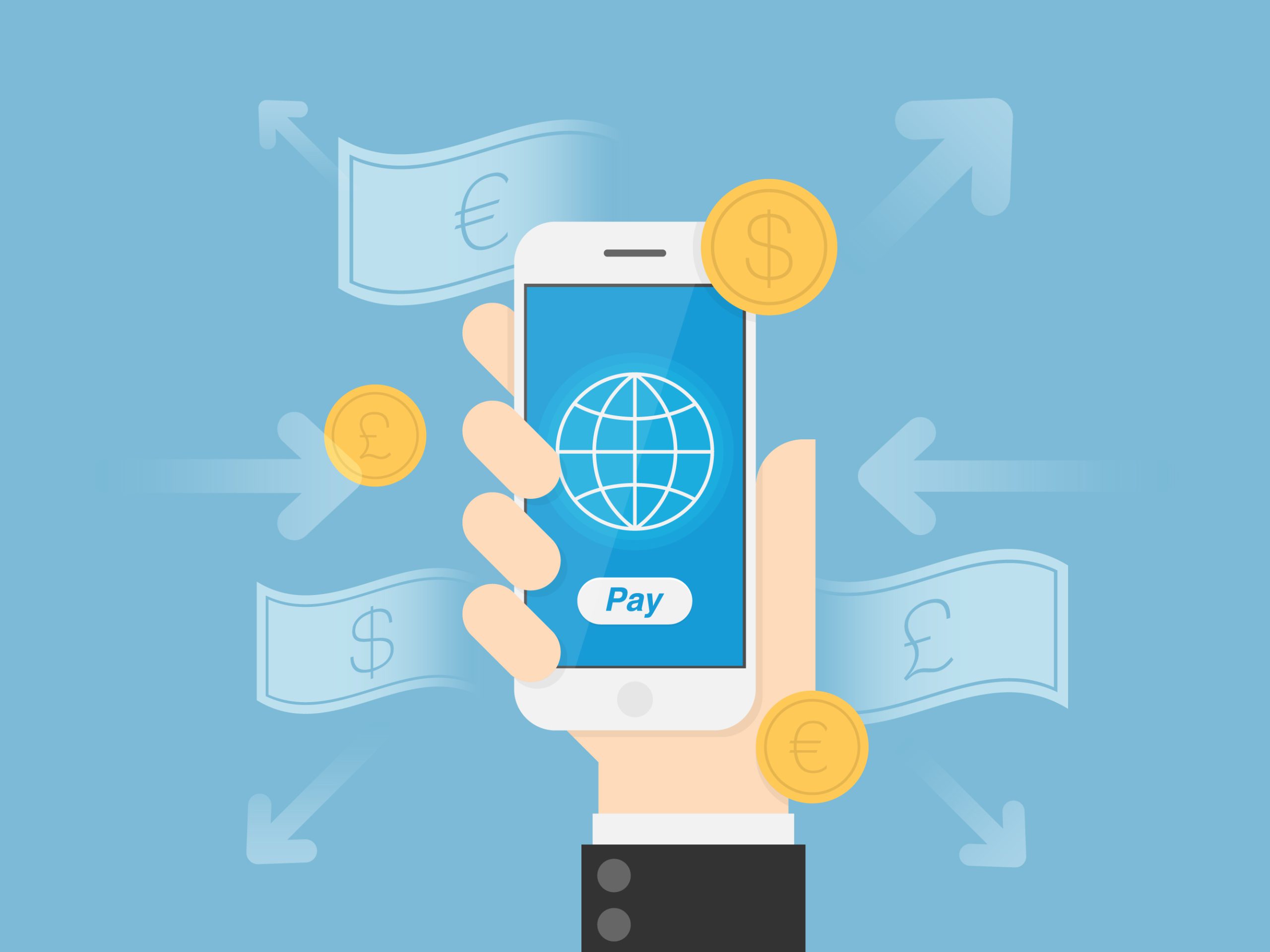The world around us is changing. The way we pay for things is changing. This change is happening in Bangladesh, too. We are used to paying in cash in transactions, but things are changing now. We are getting used to doing transactions digitally, which is taking us toward a cashless country. What is this “cashless” thing? The idea of a cashless society is simple – people will not use cash when buying or selling something. They will use a digital representation of real-world money instead. These changes are happening fast, and the credit partially goes to the COVID-19 pandemic. Although not using cash for a transaction may seem odd, there are pros. People got used to digital transactions during the pandemic, which continued even after the world began to get back on track. Also, some of the credit goes to the success of our country’s popular MFS (Mobile Financial Services) – bKash and Nagad.
What are the options for going cashless?
Whenever we see the words cashless, we instantly think of one thing – debit and credit cards. These are the most notable ways. However, there are other ways to be cashless, such as e-payment apps such as Venmo, Google Pay, and PayPal. Also, there are mobile financial services (MFS), i.e., bKash, Nagad, Rocket, uPay, etc. And lastly, the most obvious of them all – cryptocurrencies.
Cashless society: pros and cons
Like everything, going cashless has some pros and some cons. Going cashless eliminates the hassle of carrying cash. Cash is susceptible to wear and tear, decreasing its value. In our country, “Can you please change this note?” is a commonly used sentence due to worn-torn bank notes. With an electronic currency, there’s no risk regarding that. Also, no cash to carry means no money will be stolen or mugged. The transactions are fast and easy, and it will be easier to make international payments.
On the other hand, the increased technical dependency means increased vulnerability to hacking and privacy breaches. No cash means that if someone’s account gets hacked, they may have no option to source money. Also, getting used to technology could be hard for the older generation. People who don’t have access to smartphones could also face difficulties. Usually, MFS and Mobile banking use mobile apps, which can be hard to access without smartphones.
MFS in Bangladesh
MFS, or Mobile Financial Services, is a term used to describe the provision of financial services through the mobile phones of a client. These services include mobile banking, mobile money transfer, and mobile microfinance. bKash is one of the names that come to mind when we think of MFS. Since its introduction in 2011, it has gained massive popularity and is still one of our country’s most popular MFS. The easy availability of agents made it so popular. People can send and receive the money within minutes without the need for a smartphone to do so. A man living in the metro cities can send money to his wife living in the rural areas without hassle. This is a common scenario in Bangladesh, so MFS, like bKash, has become popular here. Also, during the COVID pandemic, people relied on MFS very much. According to Bangladesh Bank, there was a 28% increase in MFS transactions between January 2021 and January 2022. At the start of 2020, MFS transactions accounted for around 40 thousand crore taka monthly. It became 80 thousand crores in a month in May 2021. Transactions hit 1 lakh crore for the first time in April 2022, and In June 2023, MFS transactions hit an all-time high of 1.32 lakh crore taka. So, MFS transactions grew by 40% in a year. So, people are getting increasingly used to digital transactions.
So, with the ever-increasing numbers of MFS transactions, the continued growth of mobile banking and digital payments means the country is slowly but surely moving towards being cashless. Research in 2022 found that 73.8 per cent of the population above 15 use mobile phones. Mobile phone subscribers have reached 18.6 crores by the end of June 2023. This means that around 75% of our people can access MFS services. Although a vast portion of this population still uses cash for daily transactions, the situation is changing.
The Future
The future of cashless Bangladesh is likely to be dominated by MFS. The number of low-income people is very high in this country. For most, access to a traditional bank account is a luxury, let alone credit or debit cards. But most marginalized people can access mobile phones and MFS such as bKash, Nagad, etc. The government of Bangladesh is also playing a huge role here. During the COVID lockdown, the government sent incentives via Nagad, the digital financial service of the Bangladesh Post Office. This influenced many people to open an MFS account and use it afterwards. This resulted in an MFS account boom. People are now accustomed to digitally paying their bills and fees, i.e., school/college fees, gas bills, etc. Payments for some government recruitments are also being made digitally. Dhaka Metro Rail also operates with a modernized travel card, where people only need to scan their MRT pass instead of paying money every time. With a vision of “Smart Bangladesh 2041,” it was necessary to modernize our payments and reduce hassle. Cashless Bangladesh could be the ultimate solution to that problem. And slowly but surely, we are moving in that direction.
Conclusion
Implementing a cashless economy could take a lot of effort from a government. There could be some backlashes, too. But going cashless can save them from many hassles in the long run. Sweden was the first country in the world to issue bank notes, and ironically, on the way to being the one to move away from it completely. Sweden and other countries are also on the trail of becoming cashless: Norway, Sweden, and even Hong Kong. Many countries will surely follow suit. It’s about time the world turns to the future together.
